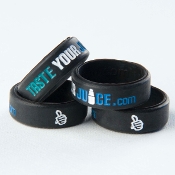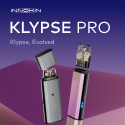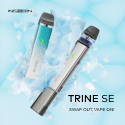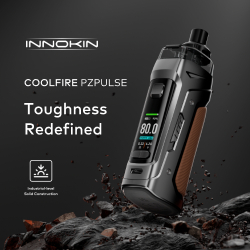LiPo battery users are sometimes advised to soak their battery packs in salt water before recycling. This is supposed to fully discharge them and make them safe. Should we do that with our cylindrical 18xxx and 26650 batteries?
No…no…no!
As you can see in the photos below, even just 5 gms (about 1 tsp) of salt in 250 ml (about 8 fl. oz.) of water quickly corroded the top contact away in an hour. The contact was badly damaged in just 30 minutes. During this hour of soaking the battery voltage only dropped from 4.16V to 4.08V.
https://imgur.com/a/vpIlF
The other picture shows the more faster and more extensive damage to the batteries when using more salt, up to a saturated solution.
Worse yet, once the venting disk that’s under the top contact is corroded away the contents of the battery are released into the water. This includes solvents and other toxic chemicals. The fumes are also toxic. This turns the water into hazardous waste that should not be poured down your drain!
I removed the batteries from the salt water after one hour and rinsed them thoroughly in fresh warm water to stop the reaction and placed them out to dry. But two of them became too hot to touch after a few minutes…they were still discharging internally! It took about 20 hours for them to drop to about 0.3V and reach room temperature. This could be dangerous if someone only partially discharged a battery using the salt water method.
You could leave the battery in the salt water for a couple of days, hoping it fully discharged, but measuring the voltage is difficult to do, the water becomes poisonous, and the smell is terrible.
While a case can be made to discharge LiPo battery packs before recycling to reduce the danger in case their fragile plastic “pouch” is penetrated, there’s just no need to discharge our cylindrical batteries. Their steel case protects them from physical abuse and we only need to add some tape to cover the top to prevent short-circuits. I strongly recommend this over trying to discharge them using salt water.














 Store
Store












